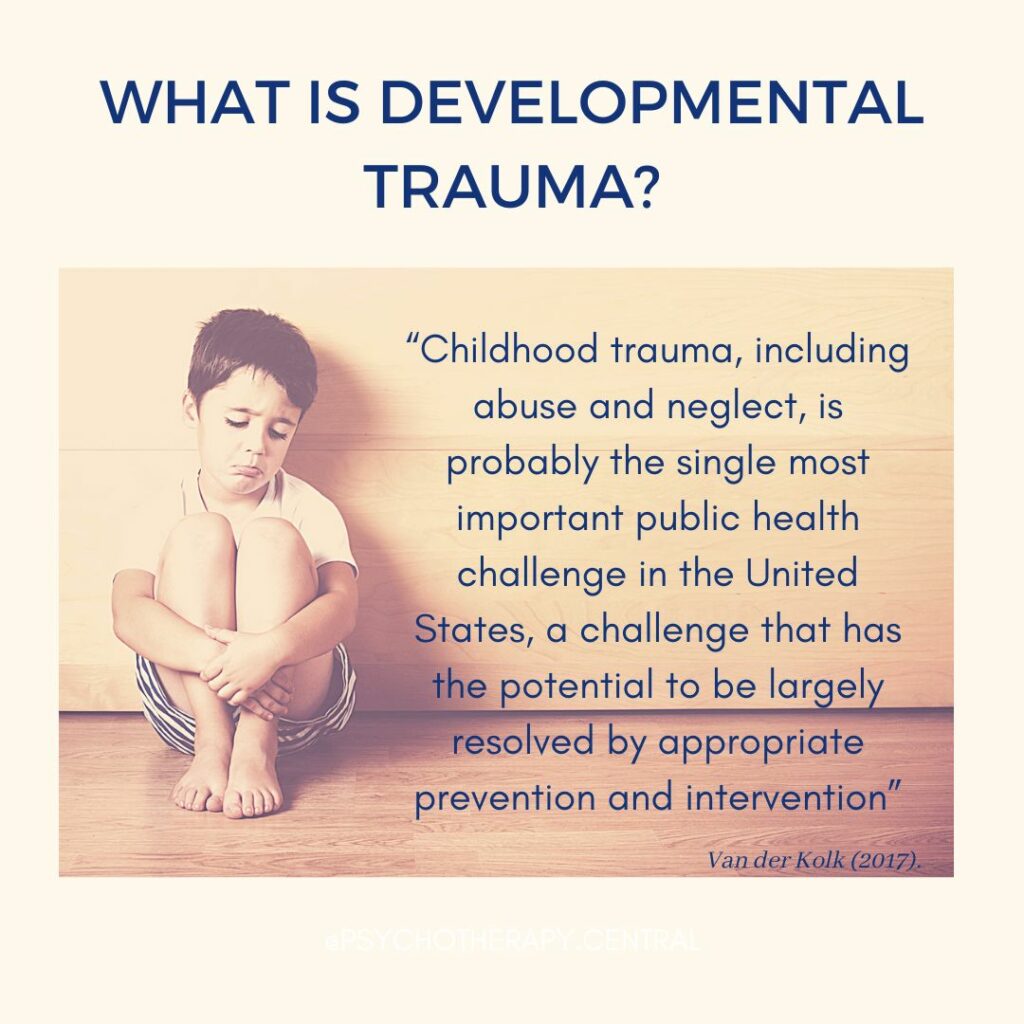As children, our brains develop from the bottom up, starting with the reptilian brain, where survival and reproduction are paramount, and moving upwards toward the neocortex, which is responsible for logical thought.
As children, we need a safe environment and loving caregivers so our brains develop in the way they are meant to. If that is missing, parts of the lower brain do not develop in the way they need to, and the foundation for the upper brain is unstable.
Van der Kolk breaks down trauma integration for children into three phases:
1) Establishing Safety and Competence with Clients. It is vital to do things with survivors that are not re-triggering and to help them develop self-regulation rather than fight/flight/freeze responses.
2) Dealing with Traumatic Re-enactments. This can be emotional outbreaks, fear responses or acting out.
3) Integration and Mastery: feeling in charge, being centered, and being able to focus to complete a task.
Reference: 𝘝𝘢𝘯 𝘥𝘦𝘳 𝘒𝘰𝘭𝘬, 𝘉. 𝘈. (𝟸𝟶𝟷𝟽). 𝘋𝘦𝘷𝘦𝘭𝘰𝘱𝘮𝘦𝘯𝘵𝘢𝘭 𝘛𝘳𝘢𝘶𝘮𝘢 𝘋𝘪𝘴𝘰𝘳𝘥𝘦𝘳: 𝘛𝘰𝘸𝘢𝘳𝘥 𝘢 𝘳𝘢𝘵𝘪𝘰𝘯𝘢𝘭 𝘥𝘪𝘢𝘨𝘯𝘰𝘴𝘪𝘴 𝘧𝘰𝘳 𝘤𝘩𝘪𝘭𝘥𝘳𝘦𝘯 𝘸𝘪𝘵𝘩 𝘤𝘰𝘮𝘱𝘭𝘦𝘹 𝘵𝘳𝘢𝘶𝘮𝘢 𝘩𝘪𝘴𝘵𝘰𝘳𝘪𝘦𝘴. 𝘗𝘴𝘺𝘤𝘩𝘪𝘢𝘵𝘳𝘪𝘤 𝘢𝘯𝘯𝘢𝘭𝘴, 𝟹𝟻(𝟻), 𝟺𝟶𝟷-𝟺𝟶𝟾.

